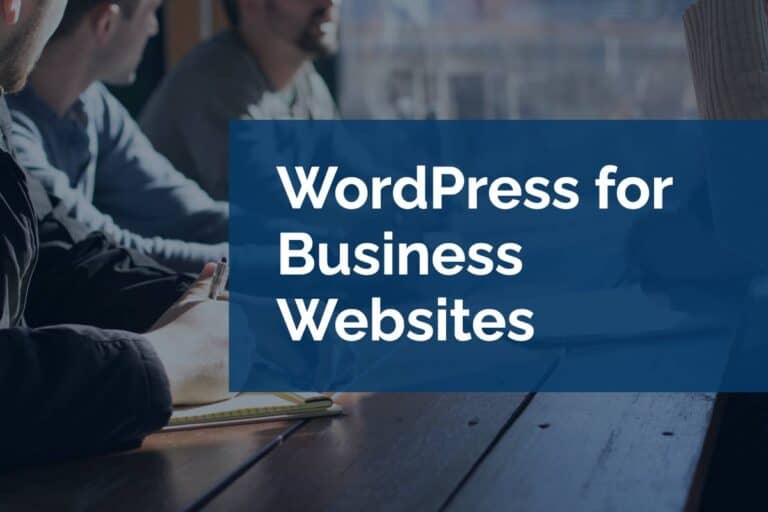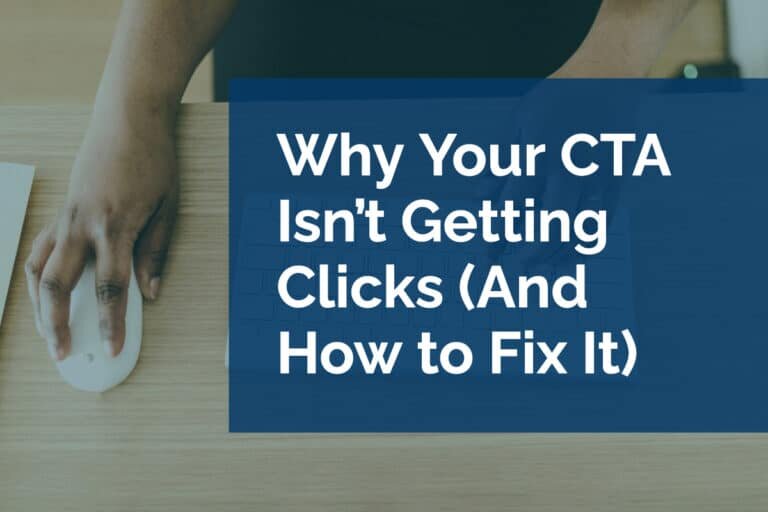Why Last Year’s Site Audit May Be Obsolete
Most businesses that take their digital strategy seriously understand the importance of regular site audits. Much like running diagnostics on a vehicle or having an annual checkup with the doctor, a website audit gives perspective on which parts of the website are in good health and what parts could stand a little work.
Just as audits in the offline world take many forms, audits of online properties do as well. For example, there are security audits to make sure a website is safe from recently discovered vulnerabilities and exploits. There are code audits to make sure that what was developed in the past will scale into the future. Speed audits help site owners understand where visitors are bouncing and what elements are choking the browser. To some degree the type of audits available to website owners, and the expected outcomes of each, are innumerable.
It may come as no surprise to learn that modern websites need to be viewed, examined, and explored through a different lens than ever before. What your business audited last year is still useful but carries the burden of being incomplete. Why? 2018 brought new priorities and challenges not just to digital strategists and site owners, but also to consumers and web surfers.
Here are four things you should evaluate on your site audit that you may not have considered before.
Accessibility
In recent months worldwide music superstar Beyonce faced a lawsuit. Her development firm, Parkwood Entertainment, was accused of violating the Americans With Disabilities Act from 1990. The plaintiff, who is visually impaired, brought action against Parkwood when the site’s lack of accessibility options led him to miss out on purchasing tickets for an upcoming Beyonce concert.
Accessibility goes beyond simply having screen-reading options and meta tags labeling pictures. Most websites are constructed with the visual aesthetic as a priority. But in today’s world, accessibility means delivering a high-quality experience for site visitors of any and all abilities. A website audit focused on accessibility not only protects your business and brand from potential litigation, but it also ensures that all visitors are having a great on-site experience.
GDPR
Not even two full years ago General Data Protection Regulation (GDPR), was a big buzzword in the web development world. And for good reason! Violation of the GDPR by collecting data without the consent of visitors exposes site owners to fines from a variety of jurisdictions. Even though GDPR hasn’t found its way across America just yet, new regulations like the California Consumer Privacy Act (CCPA) foretell what is on the horizon for web publishers in the United States.
Simply put, gone are the days of tracking site visitors and utilizing their personal and behavioral data for any purpose. Aside from adding a general “cookie” popup to gather general consent, do you know that your site is 100% GDPR compliant? A GDPR audit ensures that you are operating within the bounds of the law. It also dovetails nicely into our next suggested audit.
Data collection and utilization
Candidly, this type of audit may take on a different name in a different corner of the blogosphere. When referring to data collection and utilization, we’re referring to what data you permissibly collect and what you do with it. Google Analytics and Facebook pixels for retargeting are a good start. However, the world of analytics and intent tracking has grown substantially in recent years. From tools like our own Click Ranger Pro which helps set up Google event tracking, to tools like RightMessage that customize content for visitors based on demographics, there is a near endless list of solutions available to web publishers.
Lest you feel that this kind of tracking and data utilization is too much, remember that the goal of your website is to deliver the most possible value to your visitor. Using tools that customize the experience and help develop the visitor’s interests are a good thing. A proper data collection and utilization audit takes your site’s potential to the next level, showing you places where you can deliver an even better experience to site visitors.
Speed, Security, and Stability
Even if you optimized for speed, security, and stability recently it’s probably a good idea to check it again. We’re sure you are wondering why. After all, how much could have possibly changed in a few short months. The answer: plenty. It’s not that the codebase of your website has become unruly or inefficient but rather that the environment in which it operates may have changed or evolved.
That is to say that new threat vectors and methods of hacking have come to light. New changes in infrastructure like serverless or cloud computing could be at work behind the scenes. Traffic may be coming from new sources where elements that used to load quickly now lag behind. A regular audit around the speed, security, and stability of your website isn’t just a good idea, it’s essential in a digital landscape with more and more sites, applications, and news feeds vying for a finite amount of visitor attention.
A Site Audit for Future Success
Different parts of our lives and the everyday world require different levels of attention. It’s undeniable that the most important things receive the care necessary to keep them safe and sound. From our homes to our vehicles, from our loved ones to our own health, we spend the necessary time and energy to protect the things we hold dear. Your business website belongs on this list! As the primary billboard for your business, it’s imperative that your site performs optimally. It is critical that you not run afoul of laws and regulations. But don’t sacrifice the precious information that your visitors voluntarily share with you.
Regular site audits will put your digital strategy front and center in propelling your business to new heights. To learn more about how the right audit can pay big dividends or simply about enhancing your online presence, contact us. We love digging in and finding the right diagnosis for great website health.






